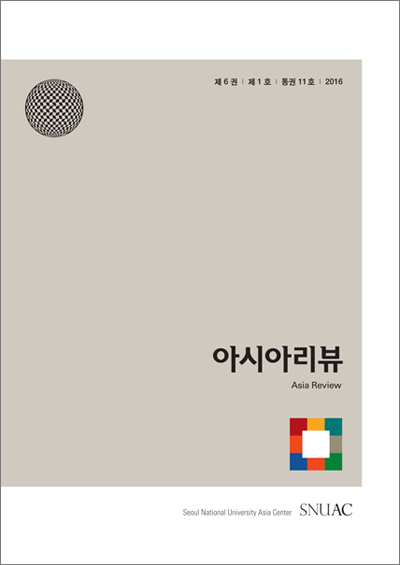In his essay “Colonizing the Future: The ‘Other’ Dimension of Futures Studies,” published in 1993, the influential British-Pakistani intellectual and prolific scholar of futures studies Ziauddin Sardar offered a critical evaluation of the then emergent discipline of futures studies from the perspective of non-Western ‘others.’ He concluded this essay with an ominous prediction that the discipline of futures studies was ‘set to become another academic and intellectual instrument for the colonization of the non-West. Orientalism colonized the history of non-Western cultures. Anthropology colonized the cultures of non-Western societies. Development colonized the present of the Third World. Futures studies is becoming the tool for the colonization of the last frontier – the non-Western future itself ’ (Sardar, 1993: 187).
At the heart of this process of the ‘colonization of the non-Western future,’ according to Sardar, lie three factors. The first is forecasting, which despite using various sophisticated techniques, ‘simply ends up by projecting the (selected) past and the (often privileged) present onto a linear future.’ The second factor is globalization, which ‘promotes a dominant set of cultural practices and values, one vision of how life is to be lived, at the expense of all others.’ And finally, it is the way in which futures studies itself has been developing into an academic discipline (Sardar, 2003: 247–254). Having emerged in the West, with Western concerns dressed as universal concerns and Western experts both setting the agenda and suggesting the solutions on behalf of humanity, the non-Western perspectives have in the process been largely ignored (although occasionally appropriated by Western futurists). It appeared that non-Western nations had little stake in shaping the future.
In such a situation, the pressing task for the people of non-West, according to Sardar, is to ‘liberate the future’ by transforming futures studies into ‘the site of both real and symbolic struggle’ (Sardar, 2003: 254–255). Part of this struggle is to critique and resist the very forces that have been ‘colonizing the future.’ Another task, alongside raising future-consciousness among the people of non-West, is to draw on the emancipatory potential of non-Western traditions that have a power ‘to upset the limited vision and self-satisfied composure of futures forecasters’ (Sardar, 2003: 256). However, this is not simply a recovery of past traditions, but rather a complex process of orienting these traditions towards the future, wherein their recovery needs to be accompanied by the ‘imaginative capacity to think traditions forward’ (Sardar, 2003: 255).

